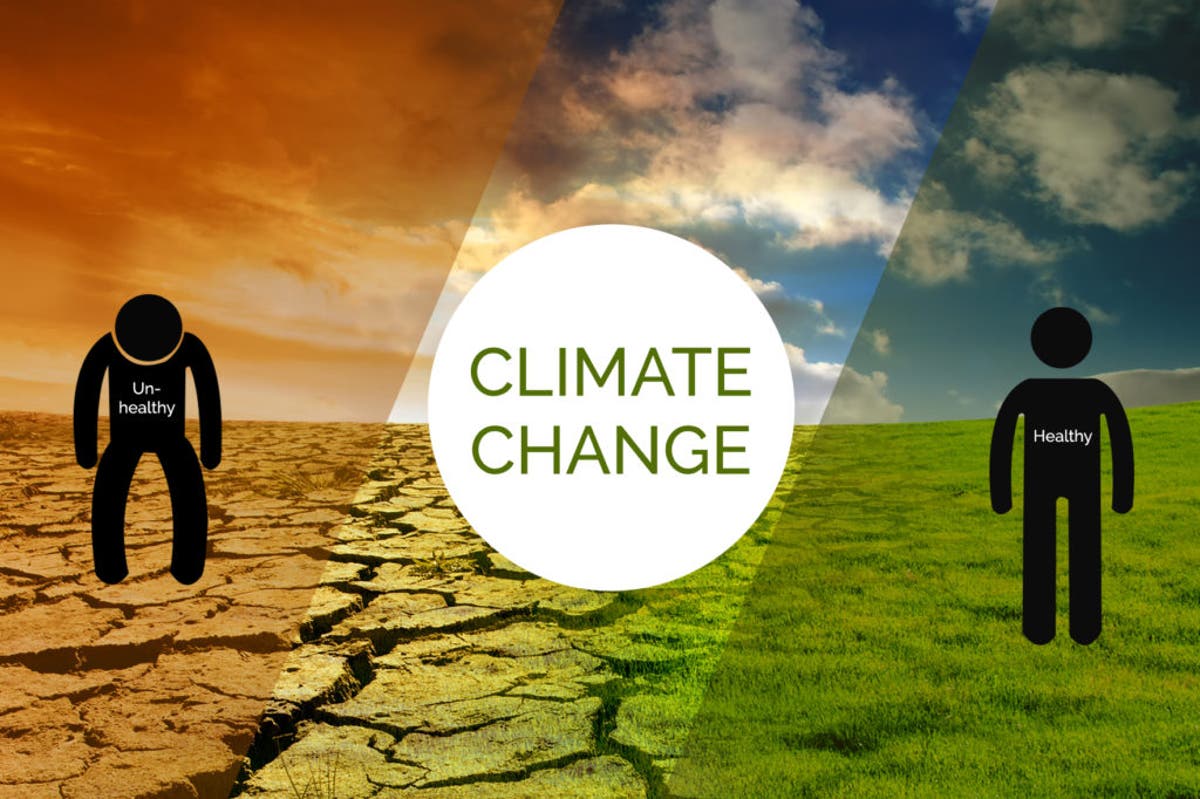FG Unveils strategy to advance climate change adaptation in Nigeria

The federal government of Nigeria has undertaken concerted efforts to strengthen climate change adaptation action plans by aligning them with the development of multiple national action plans and policy frameworks, such as the National Adaptation Framework.
This commitment was unveiled during a workshop held in Abuja, which brought together influential policymakers, civil society organizations (CSOs), non-governmental organizations (NGOs), and other pertinent stakeholders.
The workshop’s primary goal was to collaboratively define key policy priorities for locally-driven climate change adaptation in Nigeria.
Convened in partnership between the Africa Policy Research Institute (APRI) and the Centre for Climate Change & Development at Alex Ekwueme Federal University (CCCD-AEFUNAI), in collaboration with the Department of Climate Change (DCC) under the Federal Ministry of Environment Nigeria, the workshop served as a platform to exchange knowledge and insights on climate change adaptation within the Nigerian context.
Dr. Olumide Abimbola, the Executive Director of APRI, underlined the organization’s dedicated focus on offering policy alternatives and options to African policymakers and civil society actors.
He emphasized the potent impact of locally-led adaptation, highlighting its transformative potential for fortifying climate resilience at the grassroots level.
This focus on localized adaptation was substantiated through in-depth case studies presented by Dr. Chukwueloka Okeke, a Research Fellow at APRI.
These case studies examined adaptation efforts in Anambra, Lagos, and Ogun states, revealing that local communities were at the forefront of climate adaptation actions.
However, their effectiveness was hindered by inadequate access to funding and pertinent information, posing obstacles to their sustainability.
Prof. Chukwumerije Okereke, a senior non-resident Fellow at APRI and Director of CCCD-AEFUNAI, emphasized the historical significance of locally-driven adaptation actions.
He highlighted that various ethnic groups and indigenous populations in Nigeria have been practicing adaptation strategies for centuries.
He urged for increased recognition and international funding support to amplify the impact of these localized practices.
Dr. (Mrs.) Iniobong Abiola-Awe, Director of the Department of Climate Change, underscored Nigeria’s rigorous efforts to bolster adaptation action plans through the formulation of national action plans and policy frameworks.
These efforts, exemplified by the National Adaptation Framework, aim to provide a coherent approach to national adaptation processes while serving as a reference for consolidating diverse adaptation planning initiatives across sectors and decision-making scales.
The comprehensive report, stemming from meticulous research and case studies spanning various ecological zones in Nigeria, addresses the critical theme of climate change adaptation. It delves into locally-led strategies and initiatives aimed at tackling climate change challenges in the country.
The report identifies both barriers and enablers for adaptation, contributing valuable insights to Nigeria’s Nationally Determined Contributions (NDC) implementation.
Notably, the report stresses the escalating impact of climate change on vulnerable communities and ecosystems.
It underscores the pivotal role of locally-led adaptation as a cornerstone for building resilience and safeguarding livelihoods in the face of climate-related risks.
By placing local communities at the core of adaptation efforts, the report underscores the necessity of community engagement and empowerment.
Throughout the event, speakers consistently emphasized collaboration as a linchpin for effective climate change adaptation.
They highlighted the role of locally-driven initiatives in this process, underlining the need to align efforts with Nigeria’s climate action policies, including Nationally Determined Contributions, the National Adaptation Plan Framework, and the Sustainable Development Goals.
